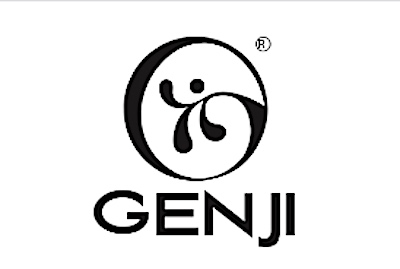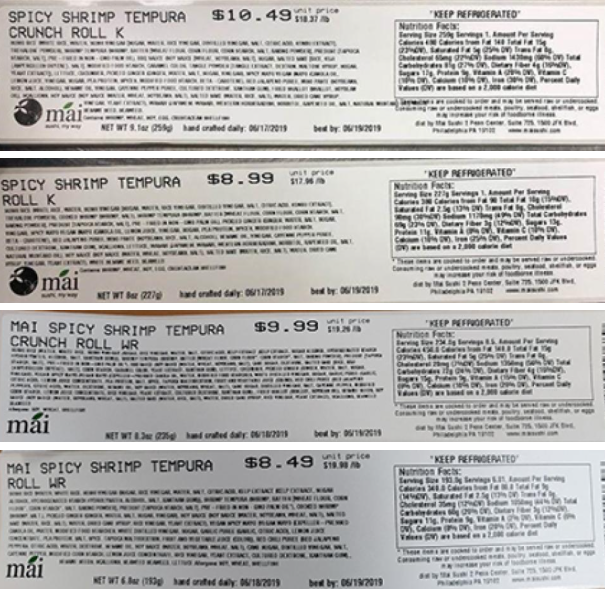The FDA issued a corporate-wide warning letter to Midwestern Pet Foods, Inc. because the FDA investigation revealed that their manufacturing plants violate the Federal Food, Drug, and Cosmetic Acts, which were shared across multiple plants. The violations were associated with the illness or death of hundreds of pets who had eaten the company’s dry dog food. Samples of dog food were found to contain high levels of aflatoxin. They must implement a robust hazard analysis and risk-based preventive controls program. The initial inspection of Midwestern’s Chickasha, Oklahoma plant was triggered by reports of illness or death in dogs that had eaten SPORTMiX brand dry dog food manufactured by Midwestern. Samples of SPORTMiX were later found to contain aflatoxin levels as high as 558 parts per billion (ppb). The FDA considers pet food to be adulterated if it contains more than 20 ppb of aflatoxin. In January, the company voluntarily recalled these products and all corn-containing pet foods manufactured at its Chickasha plant. Midwestern recalled pet food manufactured at its Monmouth, Illinois plant after samples tested positive for Salmonella in March. The FDA found that Midwestern’s food safety program appears inadequate to minimize or prevent Salmonella in its pet food significantly. As of August 9, the FDA is aware of more than 130 pet deaths and more than 220 pet illnesses linked to eating brands of pet food manufactured by Midwestern. Not all of these cases have been confirmed as aflatoxin poisoning through laboratory testing or veterinary record review. The FDA has requested a written response from the company within 15 working days stating the specific steps to correct any violations.@ https://www.fda.gov/news-events/press-announcements/fda-brief-fda-issues-corporate-wide-warning-letter-company-associated-contaminated-pet-food-hundreds?utm_medium=email&utm_source=govdelivery
ruth
The FDA has issued a corporate-wide warning letter to Midwestern Pet Foods, Inc.
ruth
The FDA reported that since July 21, 2021, additional cases have been identified in this outbreak, and this investigation was reopened. At least one ill person consumed shrimp that were not a part of the Avanti Frozen Foods of India’s initial recall. Due to this new information, on August 10, 2021, the FDA asked the firm to expand its initial recall to prevent additional illnesses. On August 13, 2021, Avanti Frozen Foods of India expanded its recall of frozen cooked shrimp to include frozen cooked shrimp products imported into the U.S. from November 2020 to May 2021. Since Avanti Frozen Foods expanded its recall, downstream recalls have been initiated for sushi products containing recalled shrimp sold in California. The current recall includes the following brands: 365, 265, AHOLD, BIG RIVER, CENSEA, CHICKEN OF THE SEA, COS, FOODLION, HOS, HARBOR BANKS, HONEST CATCH, CWNO, HANNAFORD, FIRST STREET, NATURE’S PROMISE, SAND BAR, SEA COVE, WATERFRONT BISTRO, WELLSLEYFARMS, OPEN ACRES, and MEIJER. As of August 17, 2021, there were 9 illnesses, and 3 hospitalizations in the following states: AZ (2), MI (2), NV (4), RI (1) @ https://www.fda.gov/food/outbreaks-foodborne-illness/outbreak-investigation-salmonella-weltevreden-shrimp-april-2021?utm_medium=email&utm_source=govdelivery
Downstream recalls announced after Avanti Frozen Foods expands recall.
ruth
According to the FDA, Genji Pacific LLC (Allentown, PA) has recalled an estimated 1490 trays of Sushi Products from Whole Foods Market Stores in the state of California after an earlier recall for Frozen Shrimp by Avanti Frozen Foods Pvt. Ltd, caused by suspected Salmonella contamination in the primary Frozen Shrimp ingredient. The products are packed in clear lid containers, with labels indicating the product name, ingredients, and best by date. The products can be identified with the Hand-Crafted date of 8/12/2021 and 8/13/2021 and Best By Date of 08/13/2021 and 08/14/2021. No illnesses have been reported to date. The recall was initiated after Avanti Frozen Foods Pvt. Ltd expanded their recall to a particular Lot of frozen shrimp received by Mai Sushi at some of our California locations. Although these products have a shelf life of 1 day, the firm is initiating this recall to ensure customer safety. @ https://www.fda.gov/safety/recalls-market-withdrawals-safety-alerts/genji-pacific-llc-alert-shrimp-sushi-rolls-relation-shrimp-recall-initiated-avanti-frozen-foods-due
8/14/2021, Genji Pacific LLC., of Allentown, PA is voluntarily recalling 1490 packs of sushi containing cocktail shrimp for products purchased in the state of California only, in relation to the Shrimp recall expansion initiated by Avanti Frozen Foods Pvt. Ltd, due to potential salmonella contaminat
ruth
The FDA reported that on 8/14/2021, Mai Cuisine Inc., of Allentown, PA, is voluntarily recalling 67 packs of 12pc Shrimp Tempura Kabuki Roll WR purchased in the state of California only. The recall relates to the Shrimp recall expansion initiated by Avanti Frozen Foods Pvt. Ltd, due to potential Salmonella contamination in frozen shrimp. The products are packed in clear lid containers. There are 12pc Shrimp Tempura Kabuki Roll. The products were sold from Mai Sushi counters inside Target stores in northern California. No illnesses have been reported to date. The recall was initiated after Avanti Frozen Foods Pvt. Ltd expanded their recall to a particular Lot of frozen shrimp received by Mai Sushi at some California locations. Although these products have a shelf life of 1 day, the firm is initiating this recall to ensure customer safety. All affected Mai Cuisine Inc. products are intended for customers to consume immediately upon purchase and have a shelf life of 1 day. However, to ensure the safety of our customers, Mai Cuisine Inc. has initiated this voluntary recall. @ https://www.fda.gov/safety/recalls-market-withdrawals-safety-alerts/mai-cuisine-inc-alert-shrimp-sushi-rolls-relation-shrimp-recall-initiated-avanti-frozen-foods-due
8/14/2021, Mai Cuisine Inc., of Allentown, PA is voluntarily recalling 67 packs of 12pc Shrimp Tempura Kabuki Roll WR purchased in the state of California only in relation to the Shrimp recall expansion initiated by Avanti Frozen Foods Pvt. Ltd, due to potential salmonella contamination in frozen sh




